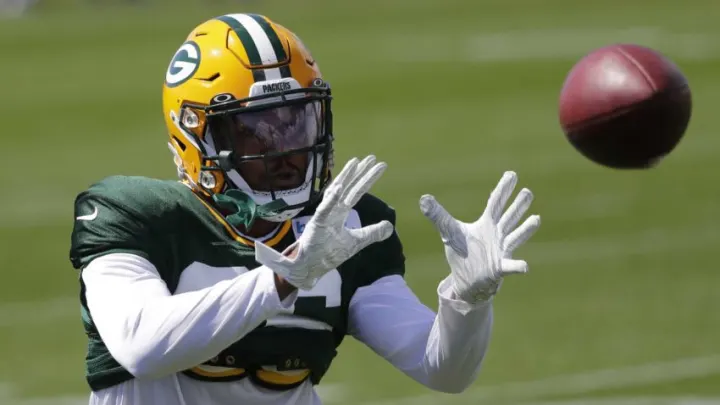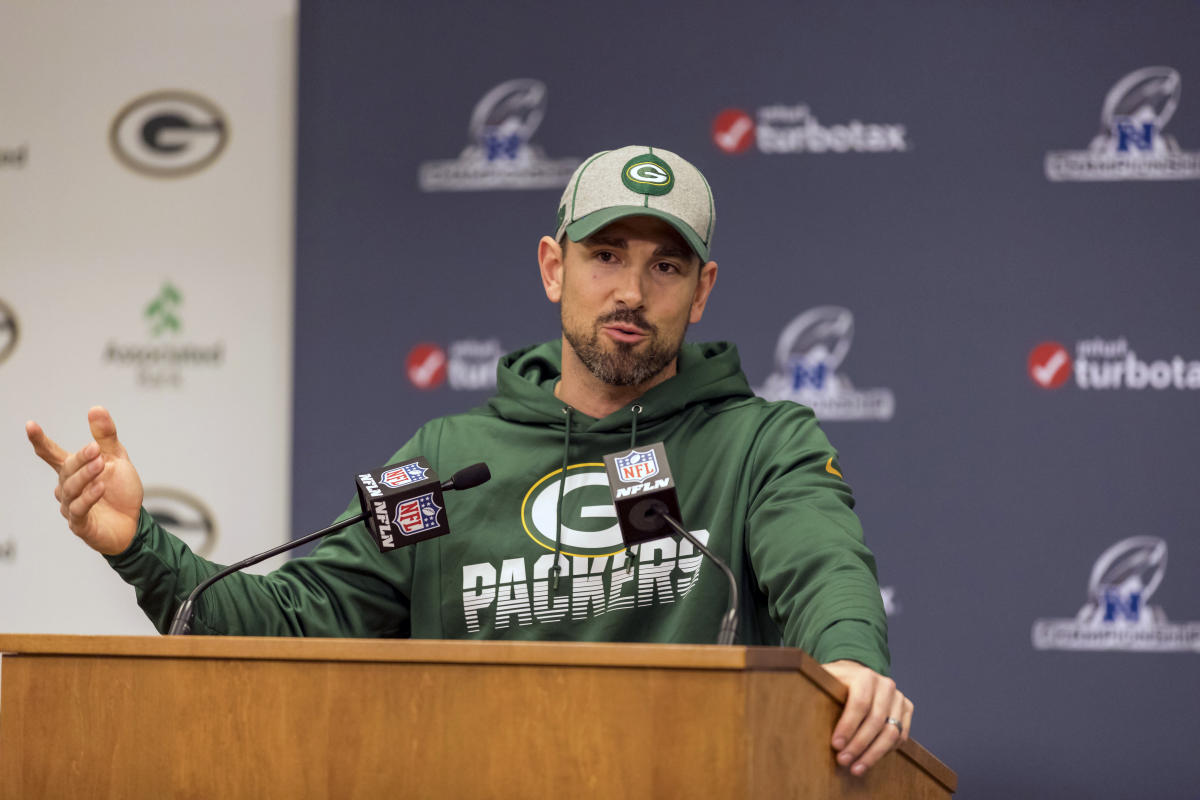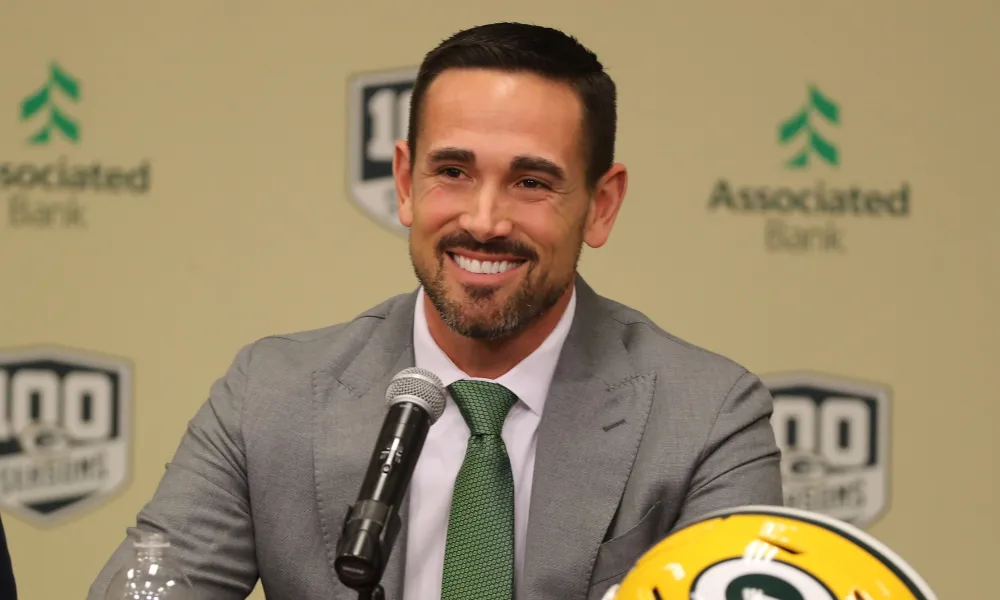Green Bay, the camaraderie between Jonathan Franklin and Eddie Lacy was infectious. Despite transitioning from player to public relations intern after a severe neck injury forced him to retire at 24, Franklin’s presence in the Packers’ locker room was still lively. However, at home, Franklin struggled with sleepless nights and emotional turmoil.
Franklin’s routine involved pushing through his pain and regret to work at Lambeau Field, with the music of Kirk Franklin keeping him sane on his drive. Parking in the “employee” lot instead of the “players” lot was a harsh reminder of his changed reality.
He’s part of a group of 13 Packers whose careers were abruptly ended by neck injuries since 1986. Among them were players like Terrence Murphy, whose promising career ended in 2005, Nick Collins, who was a rising star until his injury in 2011, and Johnny Holland, who faced a similar fate in 1994. Unlike typical retirements, these players had their careers stolen from them in a flash, often while lying motionless on the field.
These stories are filled with pain, regret, and depression, but also resilience and adaptation.
**Nick Collins’ Struggle and Recovery**
Nick Collins’ career ended in 2011 after a severe neck injury. His transition was challenging; he isolated himself in his basement, consumed by depression. His turning point came when his son expressed concern to a teacher. This led Collins to confront his depression and reconnect with his family. Now retired, Collins focuses on personal health and staying active, even though he still feels the NFL dream tugging at him.
**Johnny Holland’s Acceptance and New Path**
Johnny Holland felt invincible until a playoff game injury in 1993 highlighted his vulnerability. Despite his career-ending injury, Holland transitioned into coaching, which provided a new purpose. It took him three years to fully accept his retirement, but he now helps other players find a future beyond football.
**Terrence Murphy’s New Pursuit**
Terrence Murphy, whose career ended in 2005, found a new passion in real estate. Despite the abrupt end to his football dreams, Murphy channeled his competitive spirit into his business, building a successful real estate company in Texas. His journey from athlete to entrepreneur underscores the importance of finding new goals after an NFL career ends.
Each player found a way to cope with their forced retirement, demonstrating resilience and the ability to redefine their lives beyond the football field.



